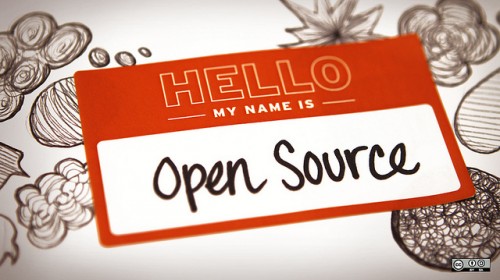What is the impact of Open Source in ICT and HFOSS? How can we share our overall story better? Often this larger topic is buried in reports from individual organizations and in delivery of those who produce or consume outputs using Open Source. The “Economic Impact of Open Source on Small Business: A Case Study” (report) from O’Reilly is an example of the type of report this document intends to start writing. A few days ago an article was written “The Revolution will not be Open Source”. This spurred some discussion as to the potential gap in this literature. This topic may well have research literature or reports. Great! Please add these to the bibliography so that we can all share widely.
How can we measure the impact of Open Source in this area? Can we collect a common bibliography and showcase these stories better? As a wider community, we can collaboratively share insights, collect data and a bibliography. At the moment, this is just a running shared document, but if there is potential to make this more formal, I would be happy to keep on this important topic flowing with a github account and trello board. (I also think we could remix the the Sunlight and the wider Open Data Community on “Reasons (not) to Release Data” to a framework “Reasons to (Not) use Open Source in ICT/HFOSS.” This might be a side-topic and happy to do another time.)
(Image Credit: Open Source nametag via OpenSource.com ccby)

When it comes to the article in question: The revolution will not be open source: a lot of statements there were just flat out wrong (no usage in the consumer space, as if Western governments are prescribing something less than what they use, etc). The bias of the author is fairly obvious as his company is a proprietary software developer probably annoyed by being asked “why isn’t it open source”.
I think in development the argument is fundamentally about open source in the public sector. If it’s paid by tax money: why shouldn’t the public who funded it have access to it when the cost of providing access is negligible? The amount of times that taxpayer funded works winds up with proprietary intellectual property in private hands in development is incredible. In development specifically: there’s a needs for translating into underserved languages, re-engineering to make things work in low bandwidth environments, need to keep software compatible with older devices to start with.
-Mike